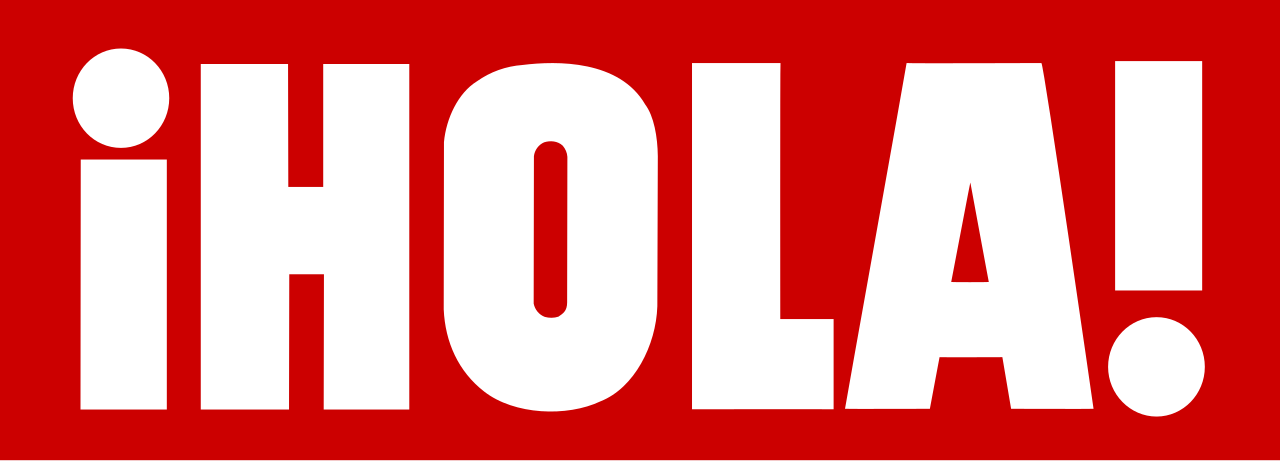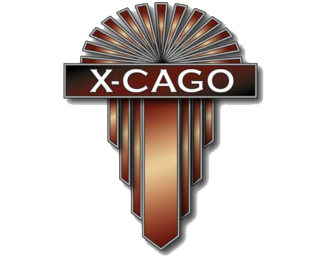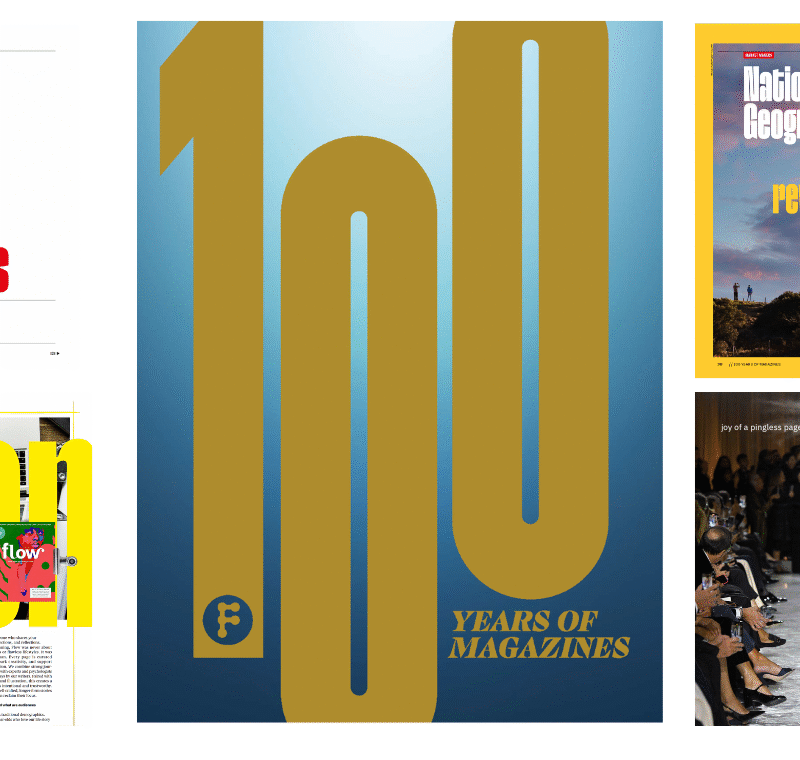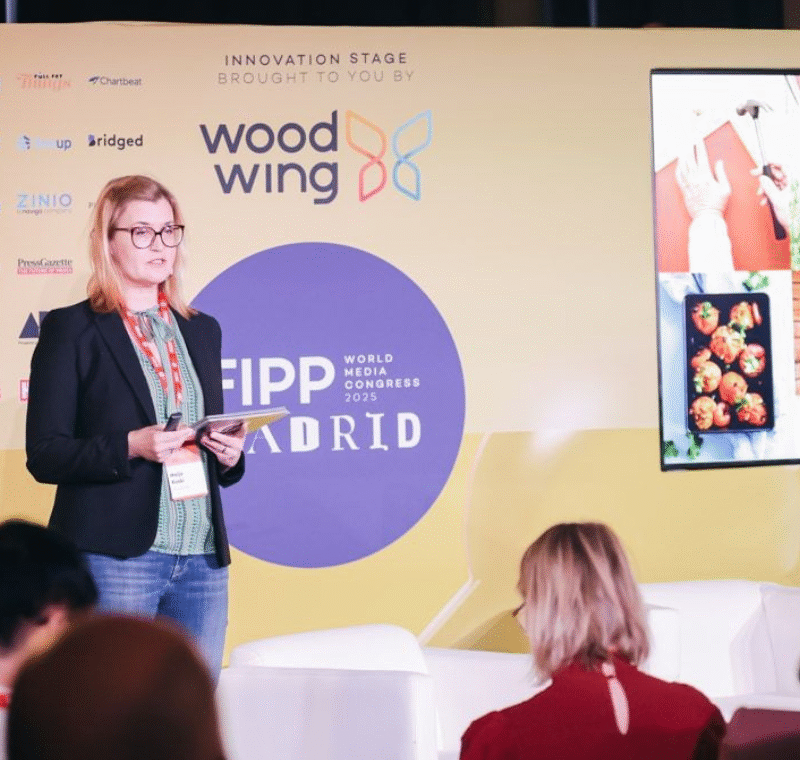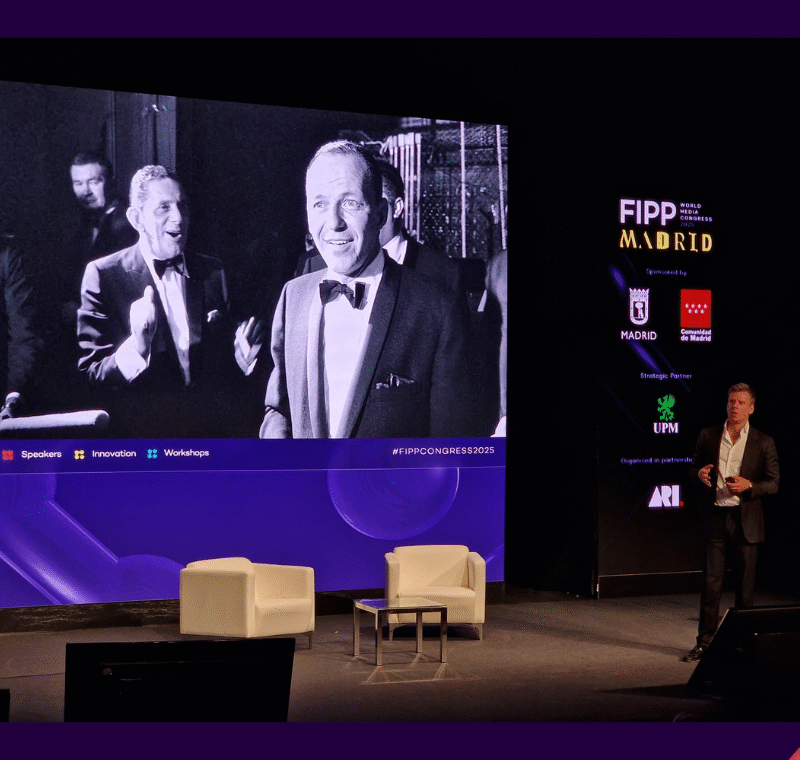“Publishers work best in some form of crisis”: Congress keynote Chris Duncan on resilience and reinvention in media
Chris Duncan’s media career has often involved navigating tectonic shifts. From launching the Times on the iPad (the first newspaper to do so) to steering publishing businesses through a pandemic – “I’ll be a COVID CEO for life!” – and now advising leaders facing AI upheaval, he is familiar both with the agility it demands.
In 2024, after years at the top of major media brands, Chris felt it was time to forge his own path, and founded consultancy Seedelta. Now he helps clients navigate the fast-changing media ecosystem – particularly the intersections of regulation, AI, and leadership – a core part of his work involving the coaching of media professionals and editorial leaders suddenly grappling with commercial realities.
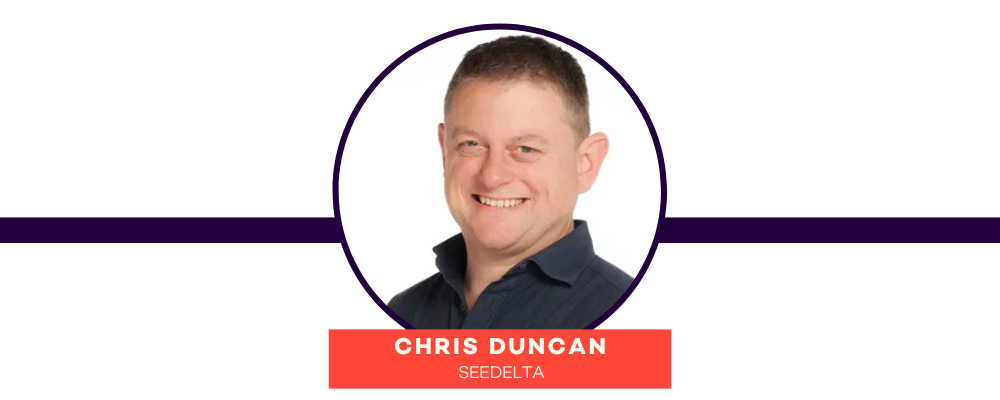
AI: The double-edged sword
Currently, Chris sees one topic dominating every boardroom agenda: artificial intelligence.
“There are two ways of looking at it,” he says. “Inside your business, AI is a huge driver of efficiency. It’s going to radically change areas like customer service and software development, helping publishers produce the same customer-facing outputs with fewer costs.”
But the existential threat lies outside the walls. “AI is fundamentally affecting distribution and discovery,” he says. “If the trend continues towards generative AI, tools used for search may not send anywhere near the level of traffic back to publishers – even less than Google does today, and that’s already dropped compared to three years ago.”
Publishers, he argues, need to rethink how they attract audiences directly, rather than relying on external referrals. “You’ve got a product you can produce for slightly less money – but how are you going to make sure your audience can still get to it?”
The innovation imperative
While he remains optimistic about the industry’s ability to respond, Chris pulls no punches about the need for product innovation.
“If we’re honest, I’m not sure we’ve seen too much innovation in smartphone journalism products since about 2012,” he says. “Maybe the People app this year was the first time for a while you looked at something and thought, that’s genuinely new, rather than an optimisation of something that was already there.”
Publishers, he believes, must decide whether they’re in the business of utility or engagement. “Are we as useful as an AI assistant can be? Or as engaging as synthetic content can be? Those tests are going to have to be proven over and over again in your own product.”
A new phase for platforms
Chris sees the industry poised at the end of a major digital era. “We’ve just passed the peak of the Google/Meta duopoly,” he says. “Every media format goes through a cycle: fast audience growth, then revenue growth, then cost cutting, then harvesting profitability before it becomes a niche. Digital platforms are now entering that ‘harvest-to-niche’ phase.”
Several forces are driving this transition: regulatory scrutiny, changing audience behaviours, and cracks appearing in the once-unchallenged dominance of big tech firms. Chris points to the looming antitrust cases against Google as historic examples of this shift.
“We’re in one of the great antitrust periods of history,” he says. “It isn’t obvious until it actually plays out, but we’re seeing the breakup of Google, which has been this single dominant $350 billion giant sitting on top of all digital distribution and advertising. What comes next – how those pieces are fragmented and what that unleashes – should be something publishers are excited about.”
He explains how Google’s power arose not through malice, but through sharp strategic acquisitions in the early 2000s – buying DoubleClick to dominate advertising marketplaces, YouTube to own video, and other tools that connected data and ad delivery. The real issue, he argues, is when monopolies begin leveraging that power to stifle competition.
“What’s fascinating is how hidden much of this system still is,” he says. “When you scroll down a web page, the advert you see wasn’t there when you started scrolling. It’s literally gone out and been sold in the time it’s taken you to get there. There’s a sub-second, hugely complex financial auction happening billions of times a day. Google was the first to truly perfect that, and we’ve never really explained it well to consumers.”
A century of transformation… and relentless curiosity
The FIPP World Media Congress and its centenary this year prompt Chris to reflect on how far the industry has come, and how much further it has to go.
“Publishers should be incredibly encouraged when they look back 100 years,” he says. “In 1925, we were still very impressed with the steam press. News was constrained by physical delivery and the horsepower of machines – sometimes literally, with horses part of the supply chain. Fast forward a century, and the average news publisher now runs seven to nine different channels, each demanding unique storytelling and visualisation skills.”
Yet amid constant technological change, some fundamentals of publishing endure – curiosity, perseverance, and a willingness to keep trying.
“I think my career is probably in a couple of parts; one is marketing and the other is publishing. And in both, you have to be eternally curious, constantly learning, and willing to get up every day and try again,” Chris says. “Publishing is a very competitive, fast-moving business. If you’re someone who’s discomforted by things not staying the same, pick another career.”
Despite the challenges – from AI disruption to declines in print volumes – Chris’s belief in the industry’s capacity to adapt remains unshaken. “Publishers work best in some form of crisis – and they’re going to get one,” he says. “Urgency brings experimentation and the best people to solve that problem. If the great publishing organisations really focus their best people on how to compete in a world where all this is happening, we’ll see a lot of innovation in the next few years.”
Chris Duncan will deliver his keynote address at the FIPP World Media Congress in Madrid, Spain, 21st-23rd October 2025.
The FIPP World Media Congress takes place in Madrid, Spain, from 21-23 October 2025.
This event will bring together media professionals from across the globe for three days of insightful discussions, keynote presentations, workshops, and unparalleled networking opportunities. Whether you’re a seasoned industry leader or a rising innovator, the FIPP Congress promises to be an unforgettable gathering that will shape the future of media.
See the agenda here, the list of speakers here and book your place with the Summer Special Rate here.
SPONSORS

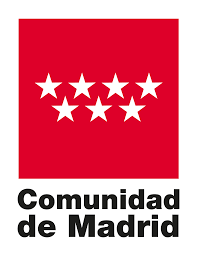
FIPP CENTENARY PARTNERS
 |
| UPM Communication Papers FIPP Strategic Partner 2025 |
SILVER PARTNERS
EVENT ORGANISED IN PARTNERSHIP WITH
MEDIA PARTNER











